A high-level study, led by researchers from AFBI, which looked at how farmers can reduce greenhouse gas emissions, identifies many key actions we will have to take to help meet climate targets.
But while the report highlights the potential benefits of using the likes of methane inhibitors, it also points to many gaps in our knowledge base.
That lack of knowledge is often overlooked in the debate around agriculture’s contribution to climate change, especially by mainstream media, some politicians and those with an underlying anti livestock farming agenda. The reality is that there are many complicated issues yet to be fully understood or unpicked.
Included within that is the extent to which soils under permanent pasture are able to sequester carbon.
There is also no account currently taken within total emissions assigned to agriculture of the potential for anaerobic digestion (AD) of slurries and manures to offset energy derived from fossil fuel. Instead, the figures for renewable output from AD are captured within data for the energy sector.
It points to a fundamental flaw in how emissions are assessed. The current accounting system would suggest the UK should virtually close down its livestock sector to save the planet, yet we could be throwing away a vital future source of energy, while also relying on imports with a much higher carbon footprint. There is also the crazy situation where national figures take no account of emissions related to imported inputs, and the ongoing failure of the accounting system to properly account for methane from ruminants.
Methane is released as part of a natural cycle, and dissipates in the atmosphere after 20 years (something not allowed for in government assessments), whereas carbon dioxide from fossil fuel burning lasts for centuries.
The UK and Ireland have many experts working across these issues. The challenge is to bring all this knowledge together, and reflect it in policy that is fit for the future. If national governments don’t want to do it, the next NI Agriculture Minister should take it on.
Read more
‘Hugely ambitious’ for 23% cut in UK farm emissions
NI agriculture to take higher GHG share
A high-level study, led by researchers from AFBI, which looked at how farmers can reduce greenhouse gas emissions, identifies many key actions we will have to take to help meet climate targets.
But while the report highlights the potential benefits of using the likes of methane inhibitors, it also points to many gaps in our knowledge base.
That lack of knowledge is often overlooked in the debate around agriculture’s contribution to climate change, especially by mainstream media, some politicians and those with an underlying anti livestock farming agenda. The reality is that there are many complicated issues yet to be fully understood or unpicked.
Included within that is the extent to which soils under permanent pasture are able to sequester carbon.
There is also no account currently taken within total emissions assigned to agriculture of the potential for anaerobic digestion (AD) of slurries and manures to offset energy derived from fossil fuel. Instead, the figures for renewable output from AD are captured within data for the energy sector.
It points to a fundamental flaw in how emissions are assessed. The current accounting system would suggest the UK should virtually close down its livestock sector to save the planet, yet we could be throwing away a vital future source of energy, while also relying on imports with a much higher carbon footprint. There is also the crazy situation where national figures take no account of emissions related to imported inputs, and the ongoing failure of the accounting system to properly account for methane from ruminants.
Methane is released as part of a natural cycle, and dissipates in the atmosphere after 20 years (something not allowed for in government assessments), whereas carbon dioxide from fossil fuel burning lasts for centuries.
The UK and Ireland have many experts working across these issues. The challenge is to bring all this knowledge together, and reflect it in policy that is fit for the future. If national governments don’t want to do it, the next NI Agriculture Minister should take it on.
Read more
‘Hugely ambitious’ for 23% cut in UK farm emissions
NI agriculture to take higher GHG share



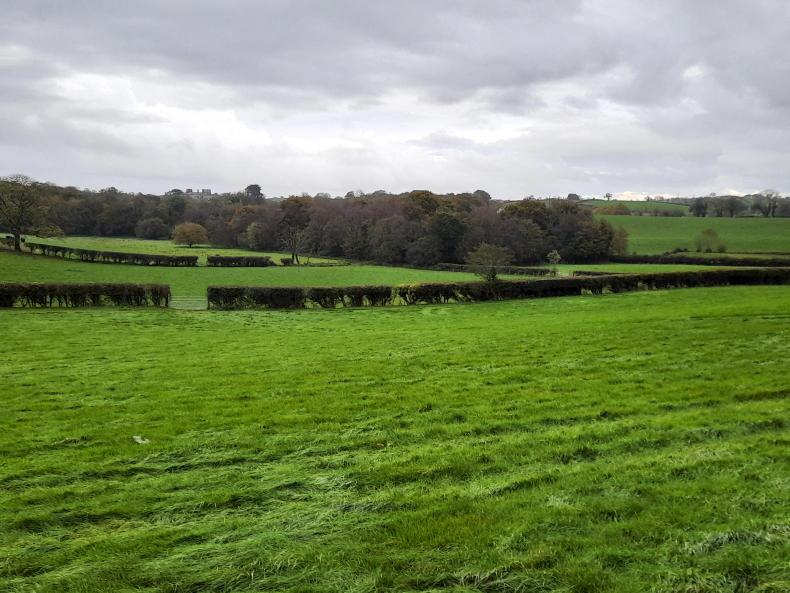

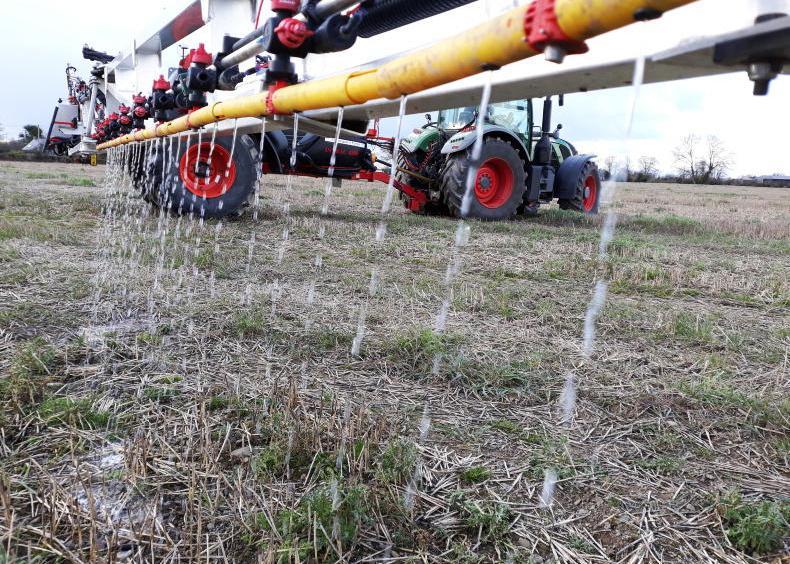
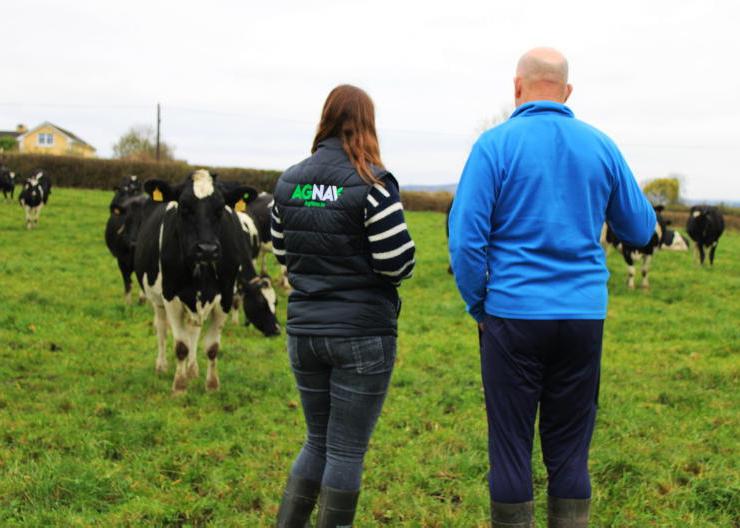
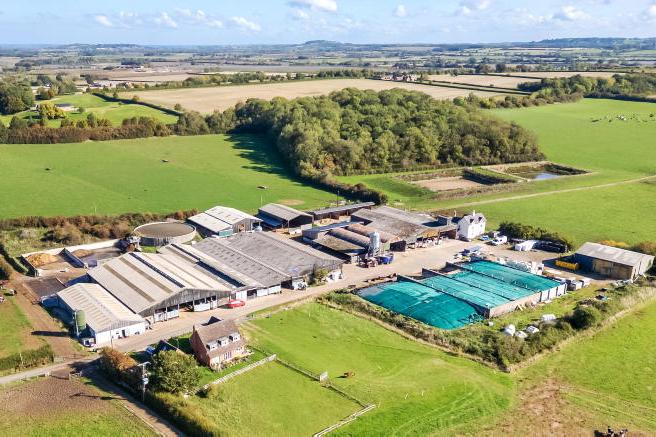
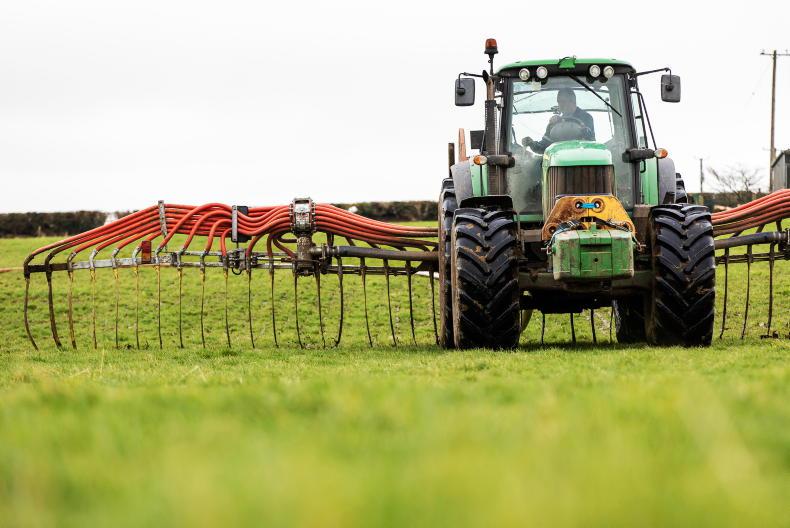
SHARING OPTIONS